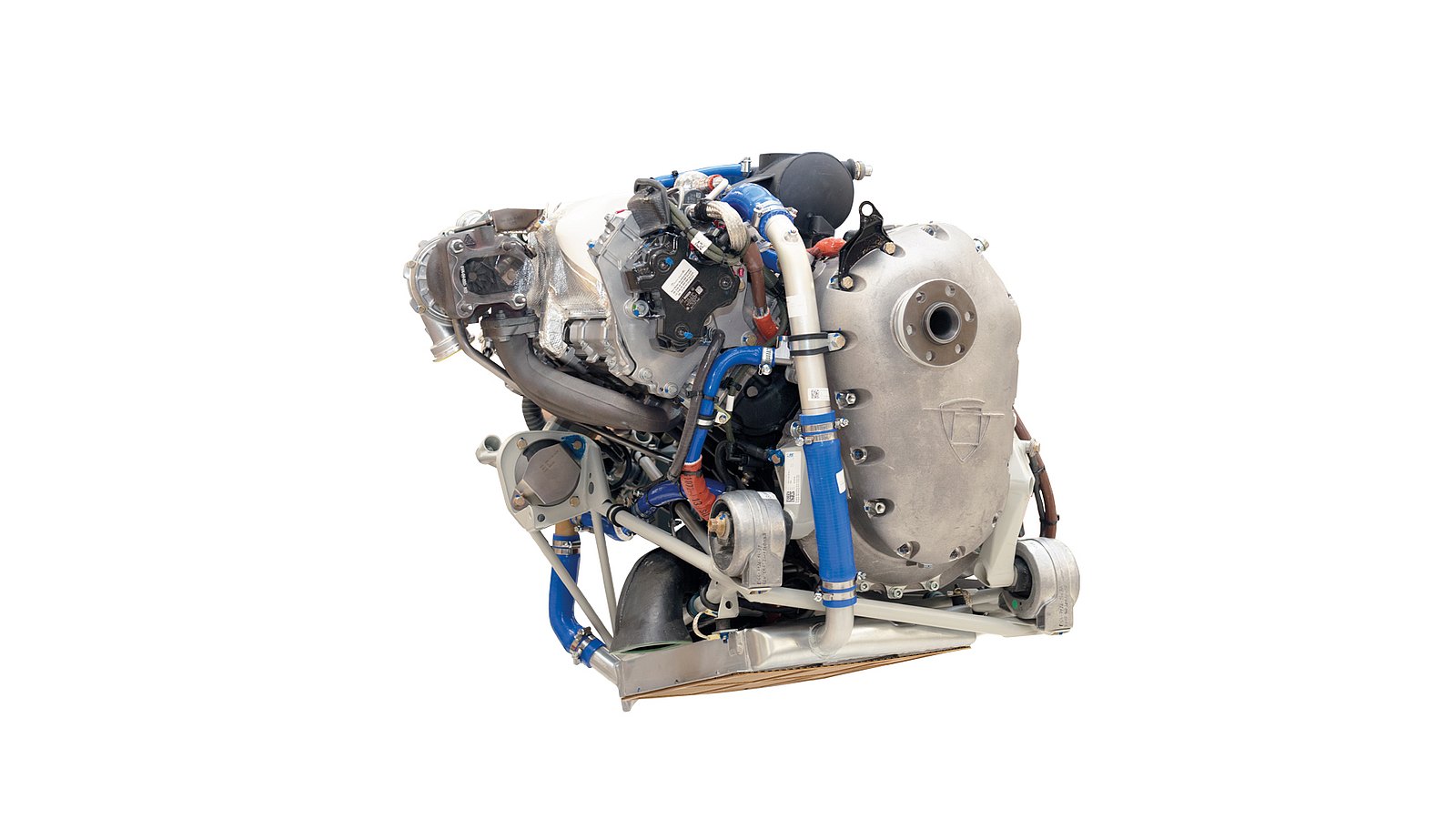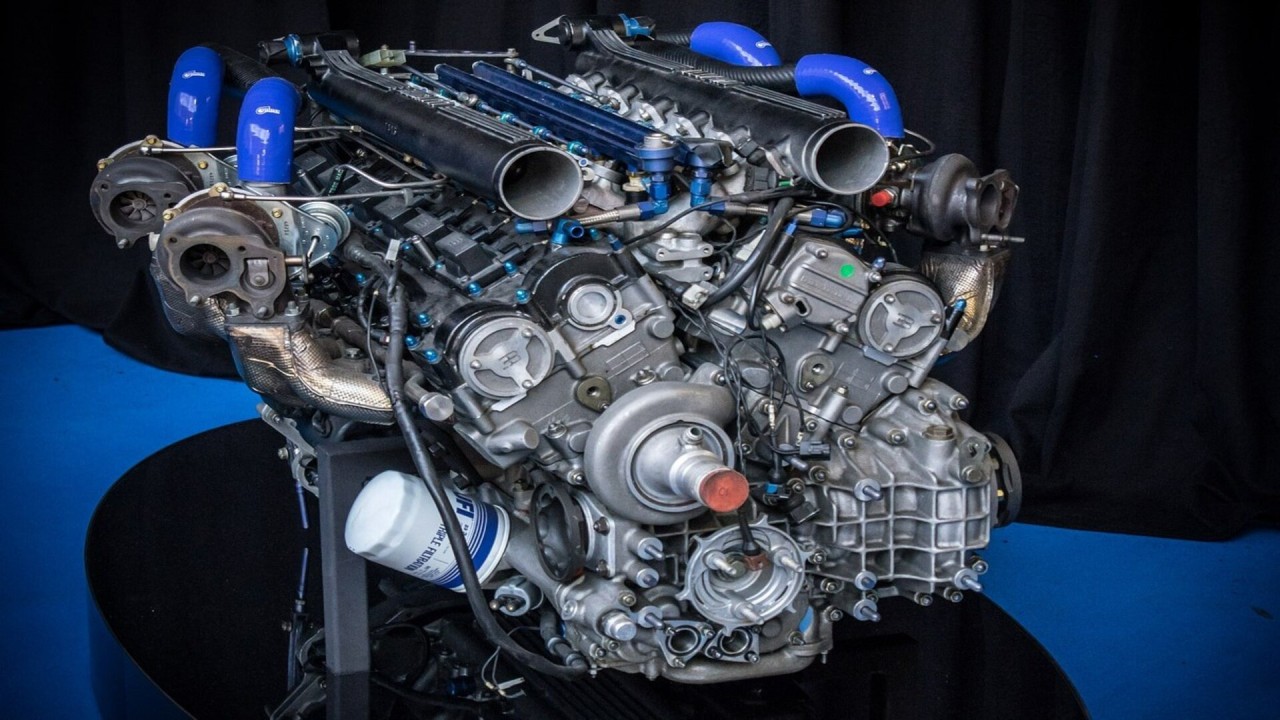A Total Guide to Purchasing From Engines For Africa
A Total Guide to Purchasing From Engines For Africa
Blog Article
A Full Guide to Selecting the Right Engine for Your Project
Picking the appropriate engine for your project is an essential choice that can significantly impact its overall success. Each of these aspects plays a crucial function in guaranteeing that your picked engine not just fulfills instant goals however also straightens with lasting desires.
Specify Your Task Needs
Specifying your job needs is a crucial action in selecting the suitable engine for successful implementation. A thorough understanding of your job's purposes will certainly assist you in identifying the functions and capabilities needed from an engine. Begin by describing the range of your task, including the wanted capability, target market, and the specific end results you intend to accomplish.
Following, take into consideration the technical needs that line up with your task objectives. This includes reviewing the compatibility of the engine with existing systems, in addition to the shows languages and structures that will be made use of. Additionally, examine the level of scalability required to fit future growth or changes sought after.
Spending plan constraints additionally play a vital function in specifying your task needs. Establish a clear economic framework to lead your decision-making process, making certain that the engine selected fits within your budget plan while giving the needed functionality.
Evaluate Performance Demands

Following, consider the scalability of the engine. Evaluate whether it can manage boosted work as your task expands. Engines that sustain straight scaling are frequently better for bigger applications. In addition, evaluate the engine's performance under different conditions, such as peak usage scenarios, to guarantee it satisfies your integrity requirements.
Consider Simplicity of Use
While technological specs are necessary, the simplicity of usage of an engine can dramatically influence the advancement process and overall task success. An instinctive interface, clear paperwork, and streamlined workflows can considerably reduce the learning contour for designers, enabling them to concentrate on creativity and analytical instead than facing complicated tools.
When assessing an engine's simplicity of use, consider the onboarding experience. A well-structured introduction, full with tutorials and example projects, can promote a smoother change for brand-new individuals. Additionally, the quality and comprehensiveness of the engine's documentation play an essential role; thorough overviews and API referrals can empower programmers to troubleshoot and apply functions efficiently.
An additional aspect to consider is the engine's modification capacities. An engine that enables simple adjustments can be more straightforward, as programmers can customize it to fit their specific needs without considerable headache. Lastly, examine the workflow combination with platforms and devices you currently utilize. A cohesive community can boost performance and minimize rubbing during the advancement procedure. Eventually, selecting an engine that focuses on convenience of usage can result in a much more delightful and productive advancement experience.
Assess Community and Support
The toughness of an engine's area and assistance network can considerably influence a developer's experience and more information success. When assessing an engine, take into consideration the size and task degree of its community.
In addition, evaluate the schedule of main support channels. Dependable documents, receptive client support, and regular updates are necessary for dealing with technical problems and keeping your job on track. Engines For Africa. Active neighborhoods additionally cultivate cooperation, offering chances for networking and comments, which can be indispensable, particularly for tiny teams or independent programmers
Additionally, check out the presence of community-run occasions, such as hackathons or meetups. These events can enhance your understanding of the engine while attaching you with prospective partners and seasoned users. In summary, a durable community and assistance system not just simplify development however likewise develop an environment favorable to discovering and technology, inevitably enhancing the probability of your task's success.
Contrast Price and Licensing Alternatives
Budget plan factors to consider play an essential duty in choosing the appropriate engine for your task, as the cost and licensing options can considerably affect both short-term expenditures and lasting feasibility. Engines For Africa. Various engines use differing rates frameworks, which can include one-time acquisition costs, subscription designs, or company website revenue-sharing arrangements based upon your job's profits

Certifying choices additionally differ substantially. Some engines are open-source, using flexibility and community-driven support, while others may call for exclusive licenses that restrict usage and circulation. Recognizing the ramifications of each licensing model is important, as it affects possession legal rights, future scalability, and potential legal commitments.
Final Thought
In verdict, picking the ideal engine for a job necessitates an extensive assessment of defined task requirements, performance demands, simplicity of use, area support, and price factors to consider. By systematically addressing these essential elements, decision-makers can guarantee placement with both future and current job demands. An educated option have a peek at this site ultimately enhances the likelihood of task success, enabling reliable resource allowance and maximizing prospective end results within the specified monetary constraints.
Picking the appropriate engine for your job is a critical choice that can considerably affect its total success.Specifying your project requires is a crucial step in choosing the suitable engine for effective execution. An extensive understanding of your job's objectives will assist you in identifying the features and capabilities needed from an engine.As soon as you have a clear understanding of your job requires, the following action is to evaluate the performance demands of the engine.In verdict, picking the appropriate engine for a job demands a comprehensive analysis of specified project needs, performance requirements, convenience of usage, neighborhood assistance, and expense considerations.
Report this page